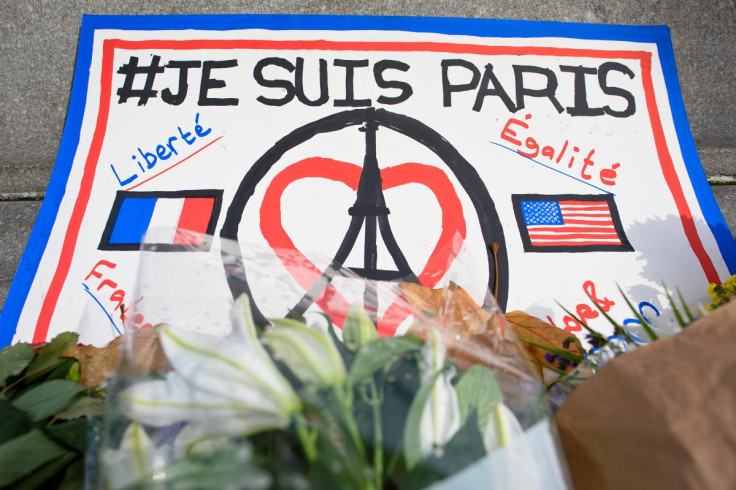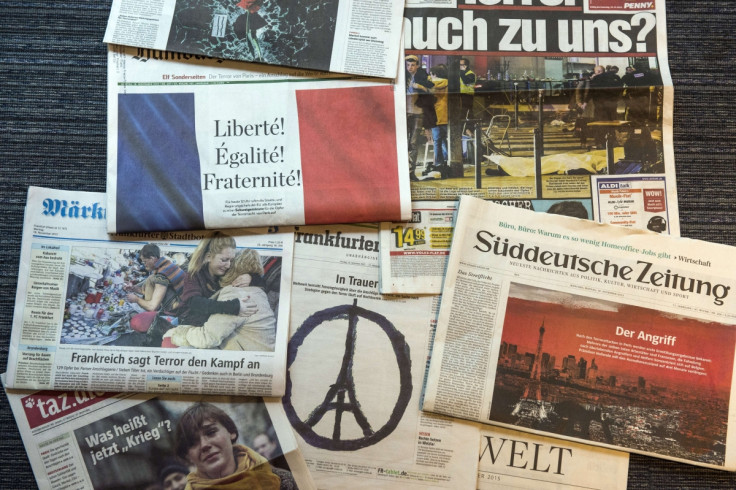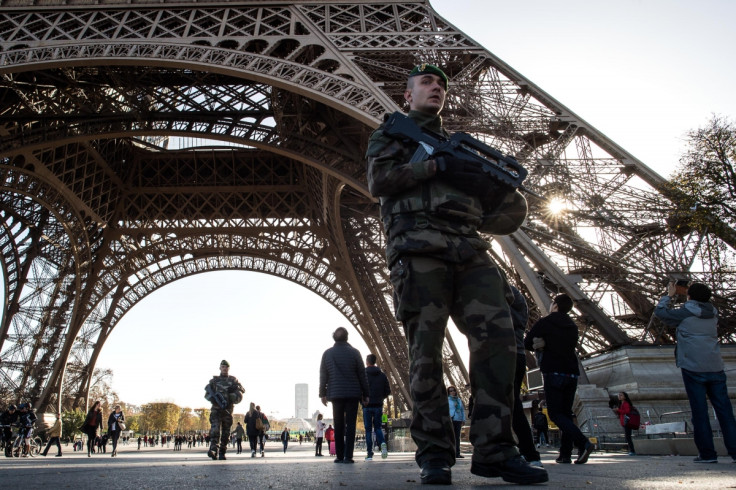Paris attacks: Jeremy Corbyn and his 'media doesn't report' mob should try reading the news

On 17 January 1995, the city of Kobe, in Japan, was stuck by an earthquake that killed 6,434 people. It happened at 5.46am Japan time, which is 8.46pm in the UK. The timing is important as the story broke in time for UK morning papers to cover it.
Given the loss of life and the devastation caused, many papers decided to put the story on their front page – and their casual sales, the copies sold to people picking a paper up at a newsagent based on what they see on the front page, dropped through the floor.
The people of the UK might have cared about the people of Kobe, but not enough to buy a paper that splashed it. It was a lesson to editors who made that decision. Not that those I have spoken to would do any differently faced with that decision again, as it goes to the credibility of your title. But it also tells you a lot about your readership.
So you will forgive on old print hack like me for raising an eyebrow at the 'media doesn't cover' phenomenon that broke on social media this weekend in the wake of the terrorist attacks in Paris. Our attention was drawn on Twitter and Facebook to a series of car bombings in Lebanon which killed 43 people.
We were told that we would not read about this in 'the media' because the focus was solely on Paris. In fact, you could read about it in the media, as a simple Google search revealed, it was reported in media based in the Middle East, and it was reported in Western media as well.
What those arguing the 'media doesn't report' - including Labour leader Jeremy Corbyn - might have meant is that they weren't seeing it in their timelines; it was not being drawn to their attention as much; or that it was drowned out in the overwhelming flood of messages about Paris. The reports were there, just a little harder to find in the mass of coverage of what had happened at the Bataclan and elsewhere.
We hear this claim all too often though. The million mask march recently, we were told, was not being covered by the media. Again, Google revealed the inaccuracy of that statement.

Tweeting about this today, Irish Examiner journalist Joe Leogue told me his paper had been taken to task for "failing to cover" the issue of migrant fishermen which The Guardian covered recently. The Examiner had broken the story years earlier.
We have never been better placed to find news though. When I started as a journalist, if something wasn't in the papers or on TV then our audiences could genuinely claim that we were failing them in not covering as issue.
Now, in the palm of your hand you have access to media the world over. If the UK-based media are not covering Beirut to your liking, just use your phone and search. There are many outlets across that region where you can find excellent coverage from journalists on the ground.

This is not to say that news agendas in Western media are by any means perfect. Of course, you can argue that their coverage of foreign news is woeful compared to the coverage given to the froth and bubble of celebrity.
But the blame for this cannot all be placed at the door of editors of mainstream media. If you look at their websites, they carry foreign news. Some still maintain a foreign news staff and stringers. The content is there if you care to look for it. And there's the rub. Today, many of you have to look for it, and you don't.
In the days when we bought papers, you would come across foreign news simply flicking through the paper, whereas now reading online sites, apart from the foreign stories on the homepage, you need to make a conscious decision to open the foreign section. Many of you do that; lots of you don't.
That deficit in clicks gets counted by search engines like Google and its algorithms detect reader priorities better than any editor ever could. So perhaps the 'media doesn't report' claims tell us more about ourselves as readers than it does about the media.
It is one of the basic lessons all journalists are taught as trainees. Readers care about stories they can relate to. A reader can relate better to a story about their neighbour than about someone in the next town, county, country or continent.
Paris is a city many of us have visited, and even if we haven't it is a place that we are much more familiar with than Beirut, Baghdad, Mumbai, or Kobe. So if something happens there it will get more reader attention than events further away.
That is not to say we should not cover events across the globe, of course we should, and our ability to empathise with those far away should never be underestimated, as we have seen from the public reaction to the refugee crisis.
Social media has been very useful in reminding mainstream media that sometimes it can be caught navel-gazing and its readers do care about world events.
It is a journalist's job to report those events and help readers relate to them as easily as they do to news about their neighbour, or about the streets of Paris. But before you lecture us on what the media don't cover, do a quick Google search to check whether they have, and then think about what you actually read there.
© Copyright IBTimes 2025. All rights reserved.






















